Showing 1 to 15 of 2455 results


NETWORK CODING USING AN OUTER CODING PROCESS
Patents for licensing University of Alberta, Technology Transfer Services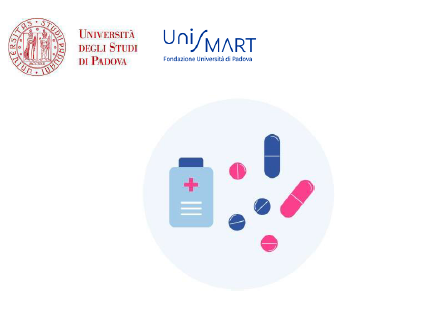
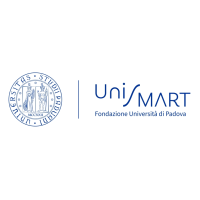
siRNA for EEC associated blindness
Patents for licensing Unismart - University of Padua Foundation

Procedure for the determination of cocaine using an enzymatic biosensor
Innovative Products and Technologies UNIVERSIDAD DE BURGOS
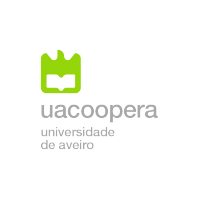
Production method of a new recombinant collagenase for collagens digestion
Patents for licensing UATEC - Unidade de Transferência de Tecnologia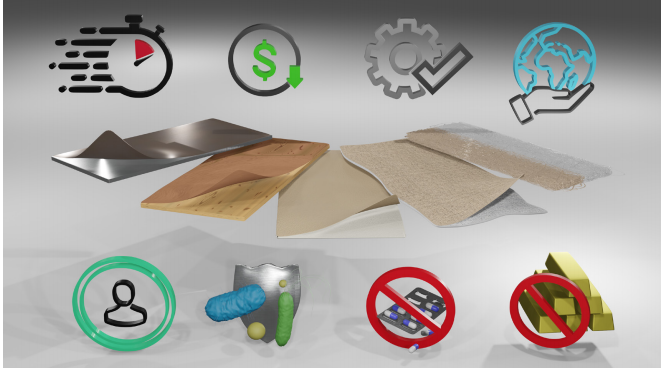
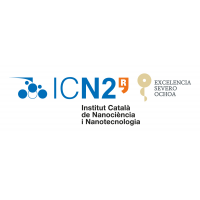
Biocompatible and bioinspired polymers for multifunctional coatings
Knowhow and Research output ICN2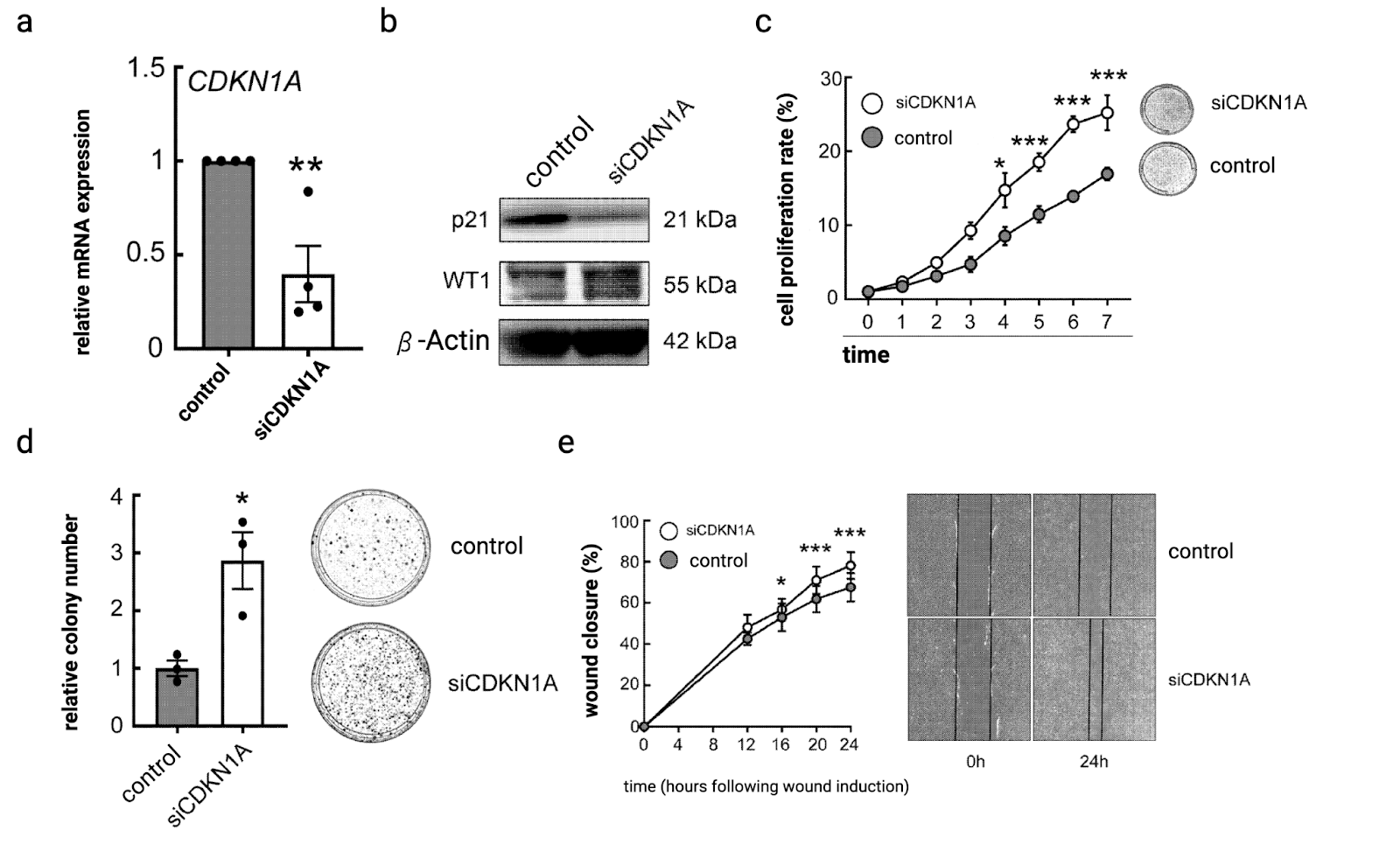
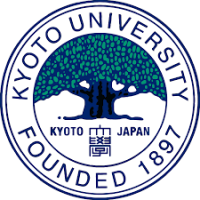
Epicardial Cell Regeneration Using p21 Inhibitors
Innovative Products and Technologies Kyoto University

On-sun testing of materials, devices and equipment for concentrating solar thermal and high-temperature applications
Innovative Products and Technologies IMDEA Energy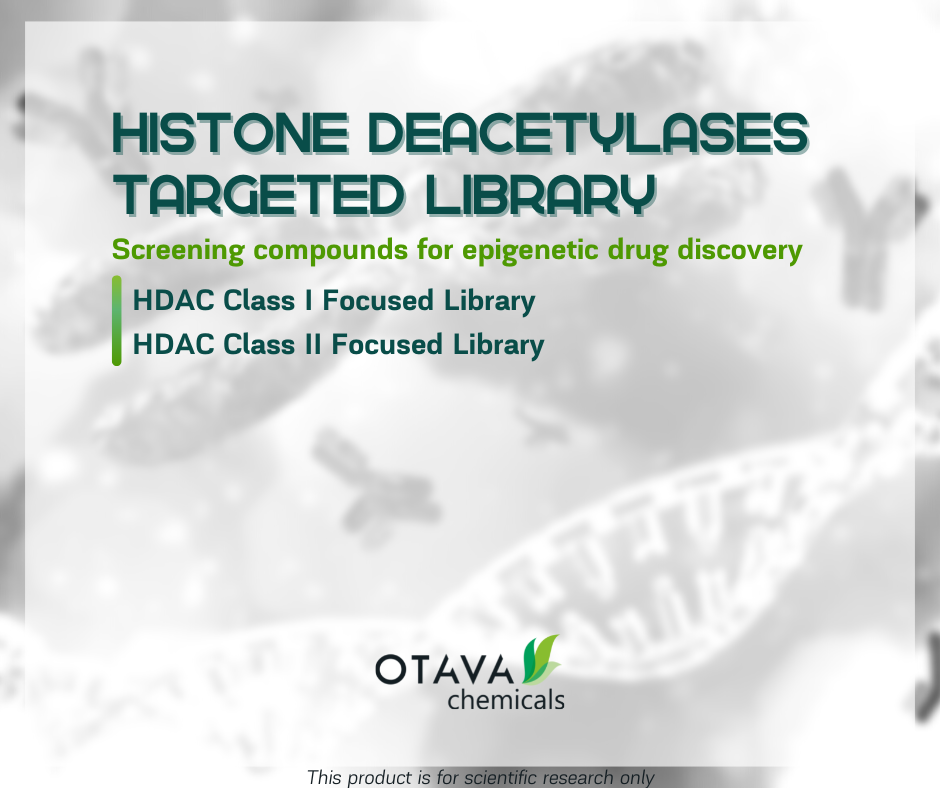
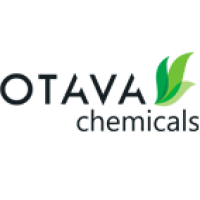
Histone Deacetylases (HDAC) Targeted Libraries. Screening compounds for epigenetic drug discovery.
Innovative Products and Technologies Otava Research Institute
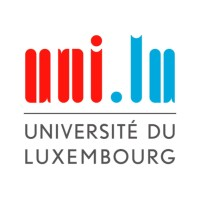
CaeSaR Tags – unclonable patterns for secure authentication
Innovative Products and Technologies University of Luxembourg

Working lifting platform as a tool for agricultural tractors.
Innovative Products and Technologies UNIVERSIDAD DE BURGOS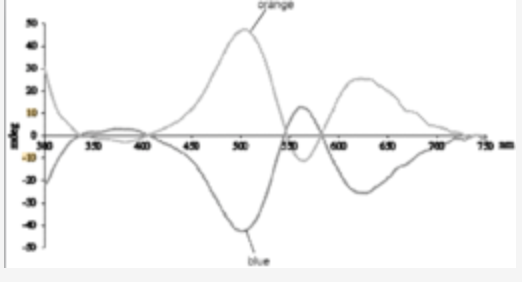
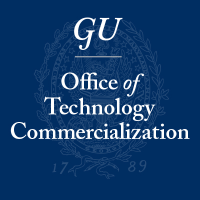
Quantitative Auxiliary-free Chirality Sensing with a Metal Probe
Innovative Products and Technologies Georgetown University
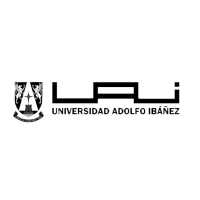
GEMA (Energy Micro-web Storage Managerial)
Knowhow and Research output Universidad Adolfo Ibáñez

DNA Barcodes – DNA authentication mark (traceability and identification of food products)
Patents for licensing UATEC - Unidade de Transferência de Tecnologia
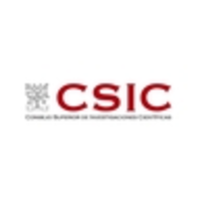
Benzothiazole Derivatives as CK-1 Inhibitors for the Treatment of Amyotrophic
Patents for licensing Consejo Superior de Investigaciones Científicas

